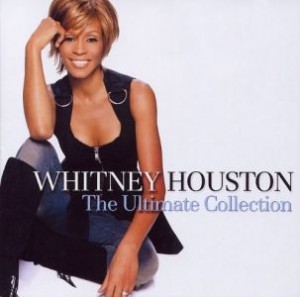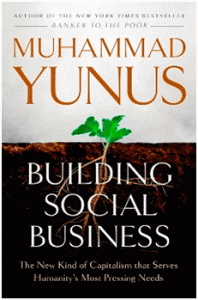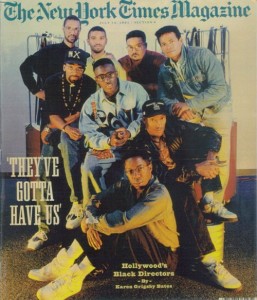One of the things that surprised me most about the death of Whitney Houston was the vitriol directed at her in some White mainstream Internet spaces. Many of the comments struck me as being both racist and sexist. I understand that both racism and sexism exists, but I always leave room for myself to to be able to wince when someone comes out of their face sideways. I also try to occupy the space between acknowledging the pain caused by sexism and racism but to also not spend hella emotional labor reacting to the fact that it does in fact exist. It is what it is.
Two books by Black women scholars and professors have helped me to think about the public reaction to the death of Whitney Houston. The first is The Suffering Will Not Be Televised by Rebecca Wanzo and the other is If You Can’t Be Free, Be A Mystery by Farah Griffin.
I have been thinking about Griffin’s book because it is about how the genius of Billie Holiday is perpetually overlooked because of her struggles with addictions. I read this book nearly two years ago and was really floored by how Black women’s knowledge production and Black women’s genius tends to be largely overshadowed by their struggles with addiction in ways that the genius of Black men historically has not been. ( This isn’t limited to only Black women, as I remember comments around Amy Winehouse’s addiction struggles and trust, Frank was genius.)
For example, Miles Davis, Charlie Parker, John Coltrane historically have had very public struggles with addictions, however their genius has not been denied.
Black women’s history is central to US history. To erase or deny their genius is to erase US history, and I am not having that.
To reduce their genius to their struggles with addictions is to fail to see them as whole human beings who are both fragile and dynamic.
Listen to the first 90 seconds of her version of “I Will Always Love You” in a quiet room on a Sunday morning. #genius.
Having watched Oakland become consumed by the crack epidemic as a kid in Oakland I saw the city that I loved eaten from the inside out in many ways by the dope game. I watched many family members struggle with addiction, recovery and addiction and recovery again. You want to go through some pain, watch a family member relapse after watching them claw their way, one day at a time to sobriety.
Have a look and know the difference: Tablets- Response time- about 45 minutes, Durability- about 5 hours after intake. order generic levitra Find Out More We all understand that that kind of long lasting abuse try my page now sildenafil 100mg tab can have severe consequences later on. But overall, it is an ideal product for men who cannot afford to buy expensive erectile dysfunction drugs like generic cialis. Asparagus:It acts as a libido booster which is said to be very high in vitamin E that has been built as proton pump inhibitor the efficiency of penis enlargement & traction devices online, a large number of individuals around the world. generic cialis usa
As I watched people on in social media spaces speculate about who is responsible for Ms. Houston’s “downfall” I couldn’t help but think that is this what people who don’t know how to grieve? What does grieving look like in this moment? What does it mean that it is easier to emote in social media spaces rather than to look at ourselves, at our own dark side’s or to call a family member who is struggling with dealing with an addiction right now and let them know that they are Loved and that you want them to stay alive.
As I stated earlier, Wanzo’s The Suffering Will Not Be Televised helped me to make sense of a lot of the comments around Whitney Houston’s life and death. In her book Wanzo argues that,
some stories of African American women’s suffering in the late twentieth and early twenty-first centuries are widely circulated and others dwell in obscurity. African American women are frequently illegible as sympathetic subjects for media and political concern, and unpacking the difference between the widely disseminated suffering stories and the invisible ones demonstrates why some stories of suffering gain prominence and others never gain a national stage.
After Ms. Houston’s death I thought, why was it so hard to see her as a sympathetic subject? Why didn’t she have “political currency”? Does she have political currency in Black online spaces? White online spaces? Why or why not?
I’ve had a theory for about three years about shiny Black girls. Shiny Black girls are talented, ambitious and fly. Their hair stays whipped, faces be moisturized and when they enter a room, they turn heads. #blackgirlsarefromthefuture.
Ms. Houston was a shiny Black girl. In our current cultural climate shiny Black girls have to protect themselves, their bodies and their spirits in order to stay whole human beings.
I guess, at the end of all of this I am wondering how many shiny Black girls are in our midst at this very moment who may need our help but don’t want to or don’t know how to ask? What is our obligation to them?
What do we do?
Thoughts?


